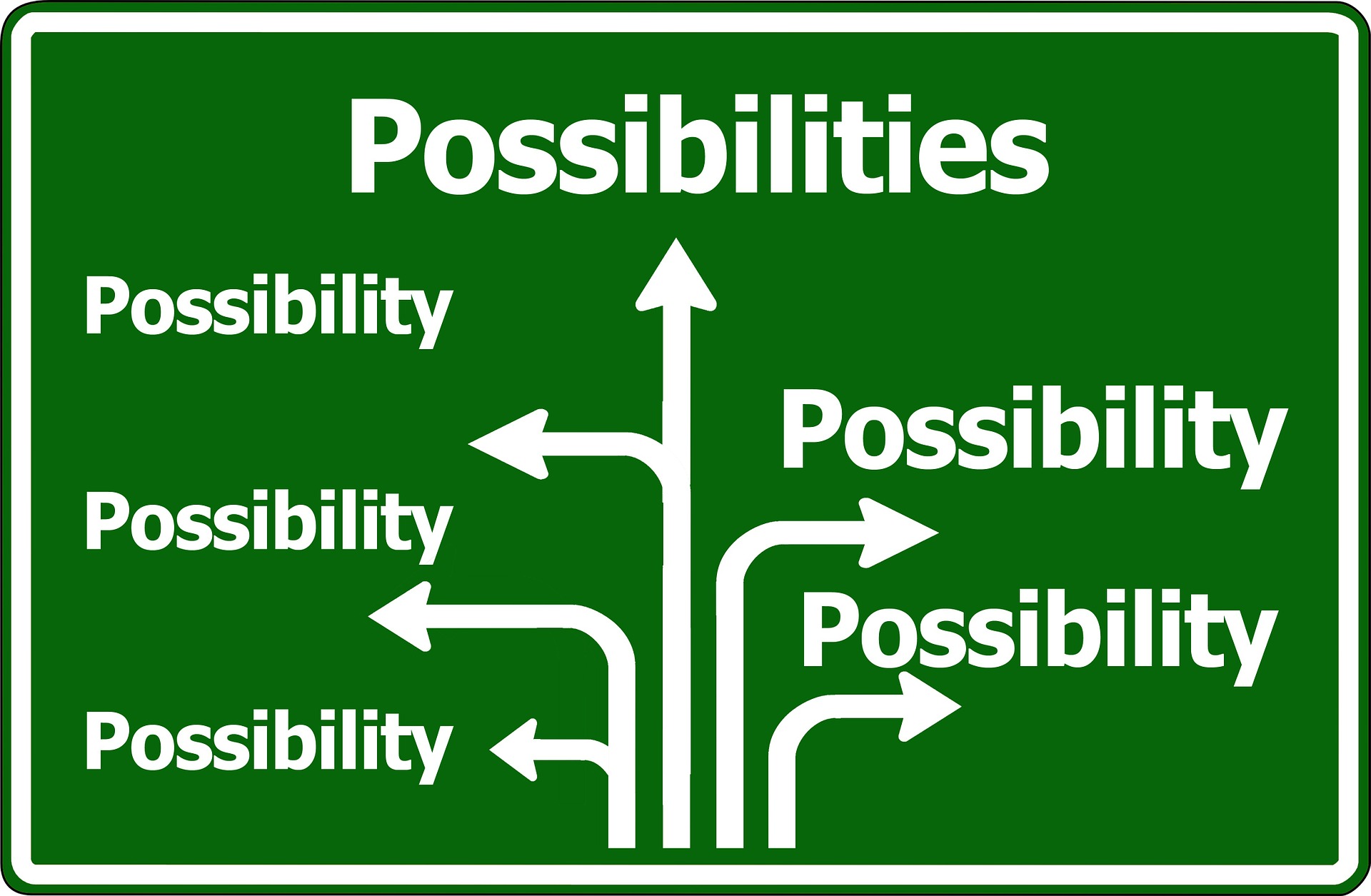Here’s an anecdote about sitting next to a baseball legend that gives valuable insights into the world of supply chain management.
I once had an unexpected encounter that taught me a lot about missed opportunities. I boarded an American Airlines flight from NYC to Chicago and found myself seated next to none other than Keith Hernandez – the 5-time All-Star First Baseman, World Series Champion with the NY Mets and St. Louis Cardinals, famed Seinfeld guest star, and current baseball broadcaster.
Though a devoted fan, I chose silence over engagement, only to later regret the missed opportunity for a personal exchange. When we deplaned, he was outside the gate waiting for someone. Many people approached him asking for autographs, and he happily accommodated everyone.
So I finally whipped out a piece of paper and a pen and approached him, asking for an autograph and proclaiming my fandom. He looked at me and said, “You were sitting next to me the entire flight and didn’t say anything.” Embarrassed, I said, “I didn’t want to bother you.”
This incident might sound far removed from supply chain management, but in fact, it offers many lessons for anyone in the business world.
1. Recognizing Value
When you’re seated next to a figure like Keith Hernandez, you immediately recognize the value of that person. Similarly, in supply chains, the importance of recognizing value – whether it’s a new supplier, a fresh market, or a breakthrough technology – cannot be understated. Those who fail to identify potential value may lose out on lucrative partnerships or innovations.
2. Seizing Opportunities
Hesitation can be the death knell of opportunities. Just as I missed out on conversing with a baseball legend during the flight, businesses can suffer if they delay capitalizing on new trends or technological advancements. In the fast-paced world of supply chain, delays can lead to stockouts, unsatisfied customers, or worse.
3. The Cost of Inaction
While I managed to get Hernandez’s autograph at the end, I lost the opportunity for a meaningful conversation. In supply chains, inaction can be costlier than making the wrong move. Unaddressed inefficiencies, overlooked market shifts, or stagnant strategies can lead to obsolescence or significant financial loss.
4. Respect Boundaries
Just as I didn’t want to disturb Hernandez during the flight, knowing when to approach partners, stakeholders, or customers in business is essential. There’s a delicate balance between seizing opportunities and respecting boundaries, ensuring that engagements are beneficial and not intrusive.
5. Being Adaptable and Ready
At the end of the flight, I was prepared with paper and pen. Supply chains require similar preparedness. Adapting to changes, having contingency plans, and being ever-ready ensures that businesses can grasp opportunities when they present themselves.
6. Authentic Engagement
While an autograph is a memento, a conversation could have been a memory. Authentic engagement – truly understanding and connecting with partners, suppliers, or customers – creates a lasting bond that transcends transactional interactions.
Ultimately, every interaction, whether in our personal lives or business endeavors, offers a chance to learn, grow, and evolve. With their vast networks and intricate processes, supply chains present countless opportunities every day. Recognizing, seizing, and acting upon these opportunities while maintaining respect and authenticity is the key to success.
And the next time you find yourself seated next to someone who might change your world, even in a small way, don’t hesitate. Engage!
____________
If you want to discuss supply chain planning and procurement excellence, let’s chat. I want to know your thoughts.
Schedule a discovery call with me here.

